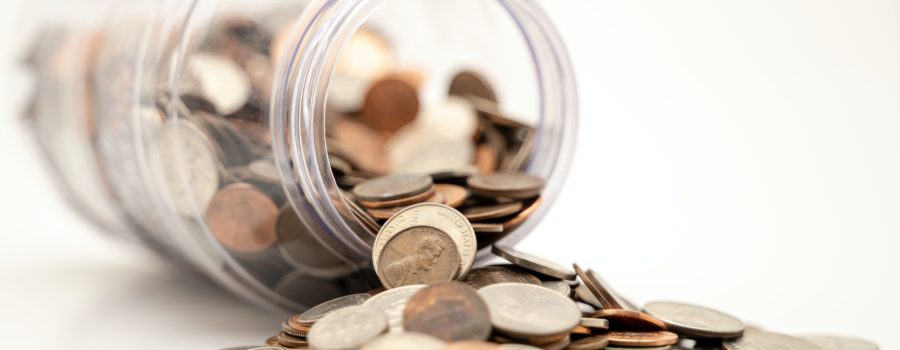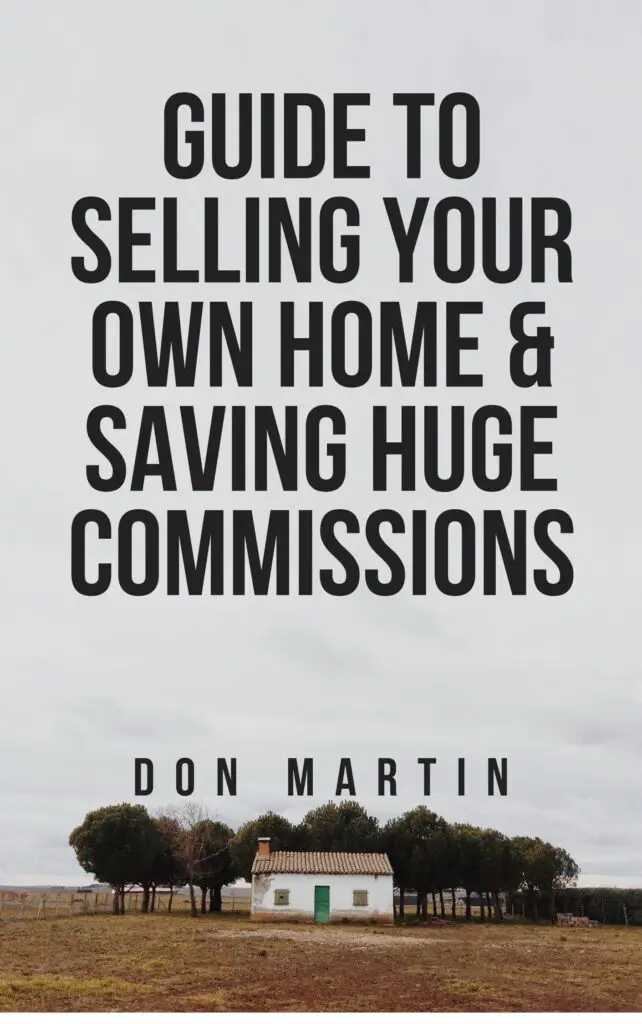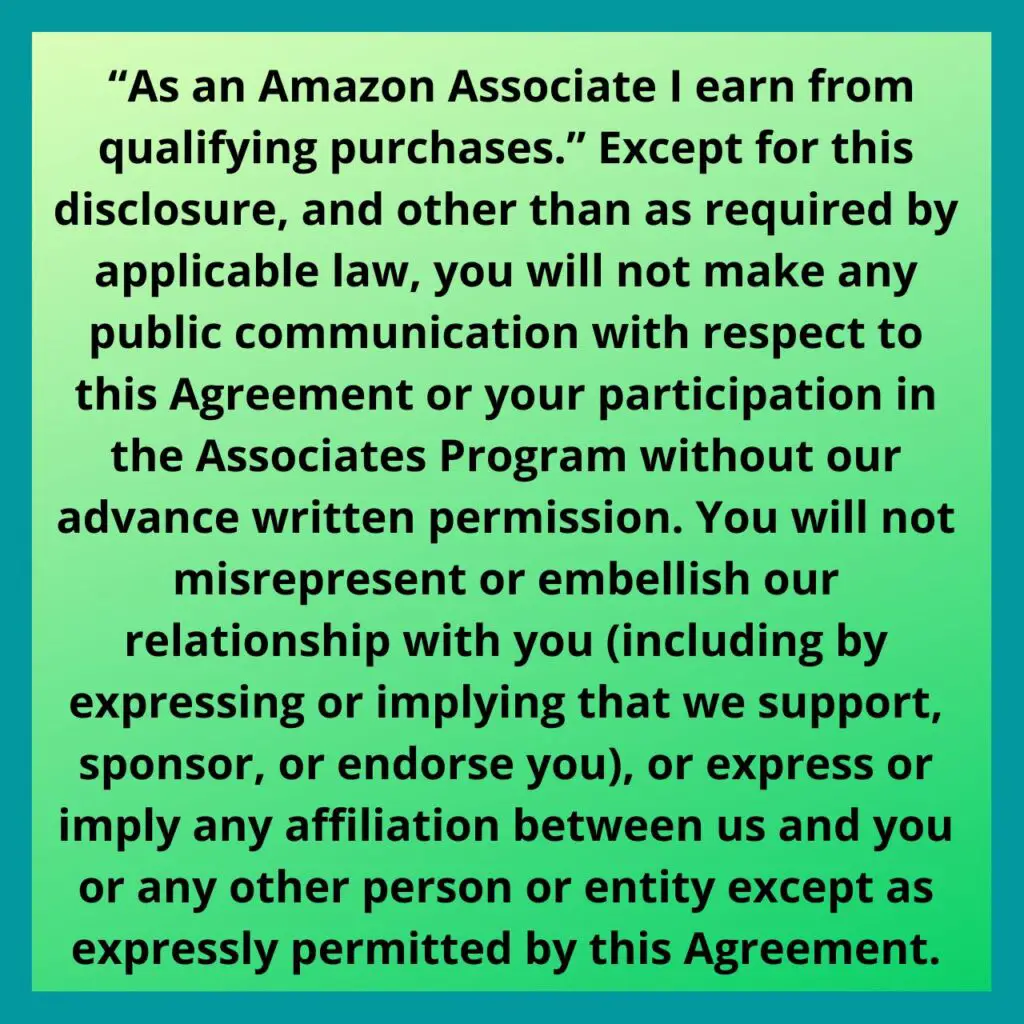By Patricia Sanders sanderspatricia29@gmail.com
Due to COVID – 19 outbreak, the mortgage interest rates have dropped to a significant level. The mortgage industry is affected by the pandemic in two different ways. First, borrowers have faced difficulties paying off their monthly mortgage payments as their income is getting reduced due to the corona outbreak and unemployment.
Fresh mortgage applications have also decreased by 31% from last year due to the pandemic. Secondly, there are still some borrowers or homeowners who have the same income during the COVID-19 crisis, as they haven’t experienced any financial crisis.
When those borrowers applied for refinancing, the pandemic caused a drastic change in the mortgage industry and its work process. Loan officers aren’t available at their offices, loan appraisers aren’t visiting houses, etc.
As per the statistics given by the Mortgage Bankers Association, these borrowers are gathering in record numbers to refinance their mortgages. Refinancing applications are increased by 225% compared to the same week in the previous year.
But is it a wise decision to apply for mortgage refinancing during a pandemic? Let’s conclude by considering the pros and cons of refinancing mortgage during this pandemic.
The Pros of Refinancing Mortgage During the Pandemic
1. Interest rates are low
Due to the massive drop in the treasury yield, mortgage interest rates are at all-time lows. On March 5th, the average 30-year mortgage rate was 3.29% which is a record low.
As of now, the benchmark 30-year fixed mortgage rate is 3.060% with an APR of 3.380%. Last year at this same time, the average 30-year mortgage rate was nearly at 4.20%.
By seeing these numbers, it’s clear that this is the right time to refinance your mortgage. Many homeowners who chose to refinance their house, may be able to drop their interest rate by an entire percentage point or more, which will save them thousands of dollars in interest over the entire loan term.
With these all-time low rates of interest, you may even reduce the number of payments. This way it will be easier for you to pay off your mortgage faster, without increasing your monthly payments. Apart from that, you may opt for refinancing to cancel PMI.
2. Homeowners also have the chance to release equity
If the equity on your home is increased significantly, then you may tap some of your home’s equity and get money to meet other expenses. It is called a cash-out refinancing. By using this refinancing method you can refinance your current mortgage and use that extra cash to help yourself if you are facing a financial crunch due to the COVID – 19 outbreak.
But you should think twice and consider your overall financial condition before taking out a cash-out refinancing. Because you’ll be increasing the mortgage and cashing out the equity you already have. If you can’t pay off the loan due to any reason, you might have to lose the home.
3. You’ll have sufficient time to navigate your application process
Taking out a refinance loan can be a hectic one and a time-consuming process. Each lender has their own set of rules and guidelines for application requirements. But here are the types of documents and information they may typically ask you to submit:
- Recent pay stubs
- Recent tax returns
- W-2s from current and previous employers
- 1099s if you’re self-employed
- Bank statements
- List of all your outstanding debts
- List of your current assets including retirement savings accounts
- Homeowner’s insurance policy papers
Collecting all the documentation can take a lot of time and effort. But you can arrange them during such times as most of the places are closed and you’ll have sufficient time to gather such documents one by one.
The Cons of Refinancing Mortgage During the Pandemic
1. High closing costs can create issues
No matter when you decide to refinance your mortgage, you should consider high closing costs and avoid them. From lawyer fees to pay for an appraisal, you’ll probably end up putting in anywhere from $1,000 to $5,000 to refinance your loan. You must understand that high upfront costs can take longer to reach the “break-even” point with mortgage refinancing.
2. If you have an income problem
Think twice before applying for refinancing as you might be at risk of losing your income during this crisis. Loss of income might affect your affordability to pay off the mortgage. If you refinance but can not pay the monthly payments properly, you may lose your home to foreclosure or short sale. So, try to relocate into a secure employment option before you lose your job or savings.
3. Credit score requirements will be harder
One of the downsides to applying for refinancing during the pandemic is you might face difficulties to meet the lender requirements. Due to the outbreak, financial uncertainty, and high demand, many lenders have increased the parameters for approving applications.
Wells Fargo, Chase Bank, and US Bank have increased their credit score requirements. As per the recent release of the Mortgage Credit Availability Index, mortgage refinancing decreased by 16% in March, it is probably due to the high restrictions implemented by lenders.
If you have a good credit score, you may get approved easily. But if you don’t have a decent one, you may experience issues to qualify for refinancing today. You may check your credit reports for any errors and dispute them with the credit bureaus. Apart from that, you should tackle desperate measures to improve your score. You can pay off your unsecured debts timely, such as credit cards, medical bills, etc. You should mainly tackle credit card debts and choose credit card consolidation options, as credit cards contain the majority of your unsecured debts.
4. Do not refinance if you want to move soon
If you are planning to sell your home and move in the next few years, a refinance is not a wise decision for you. Once you refinance your home, you need to make payments for the new loan under a long-term strategy. Apart from that, you can reap the benefits of the refinance over years, not months. you need to stay in that home long enough to make up the closing costs before getting the savings from refinancing the mortgage.
So, after considering the pros and cons of refinancing during a pandemic, you should go for refinancing only if you have a good credit score, steady income, and want to save on interest.
Photo by Michael Longmire on Unsplash
Join our community, and subscribe/click here!
We are a participant in the Amazon Services LLC Associates Program, an affiliate advertising program designed to provide a means for us to earn fees by linking to Amazon.com and affiliated sites.
(This post may contain affiliate links, which means if you click, or make a purchase by clicking on them, I may receive a small commission, at no additional cost to you, that will help me continue to bring you valuable content. To that end, not all of the items on this page are affiliate links, as that is not a requirement to be on this page. Thanks for your support!)
Please let me know if you want more info about any specific topics.
Tap or click HERE to subscribe to our new start-up YOUTUBE Channel!
Disclaimer | Privacy Policy | Terms of Use










